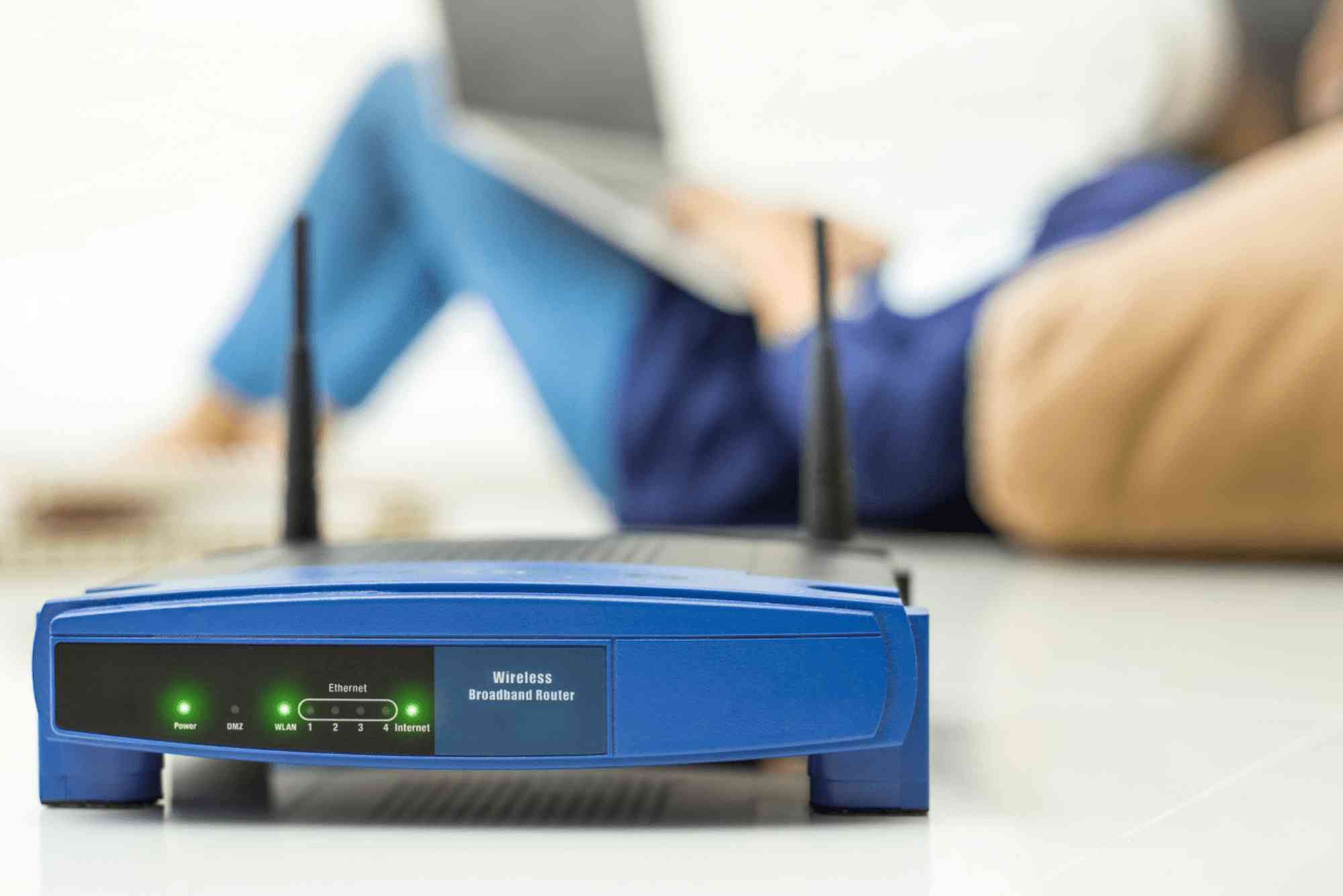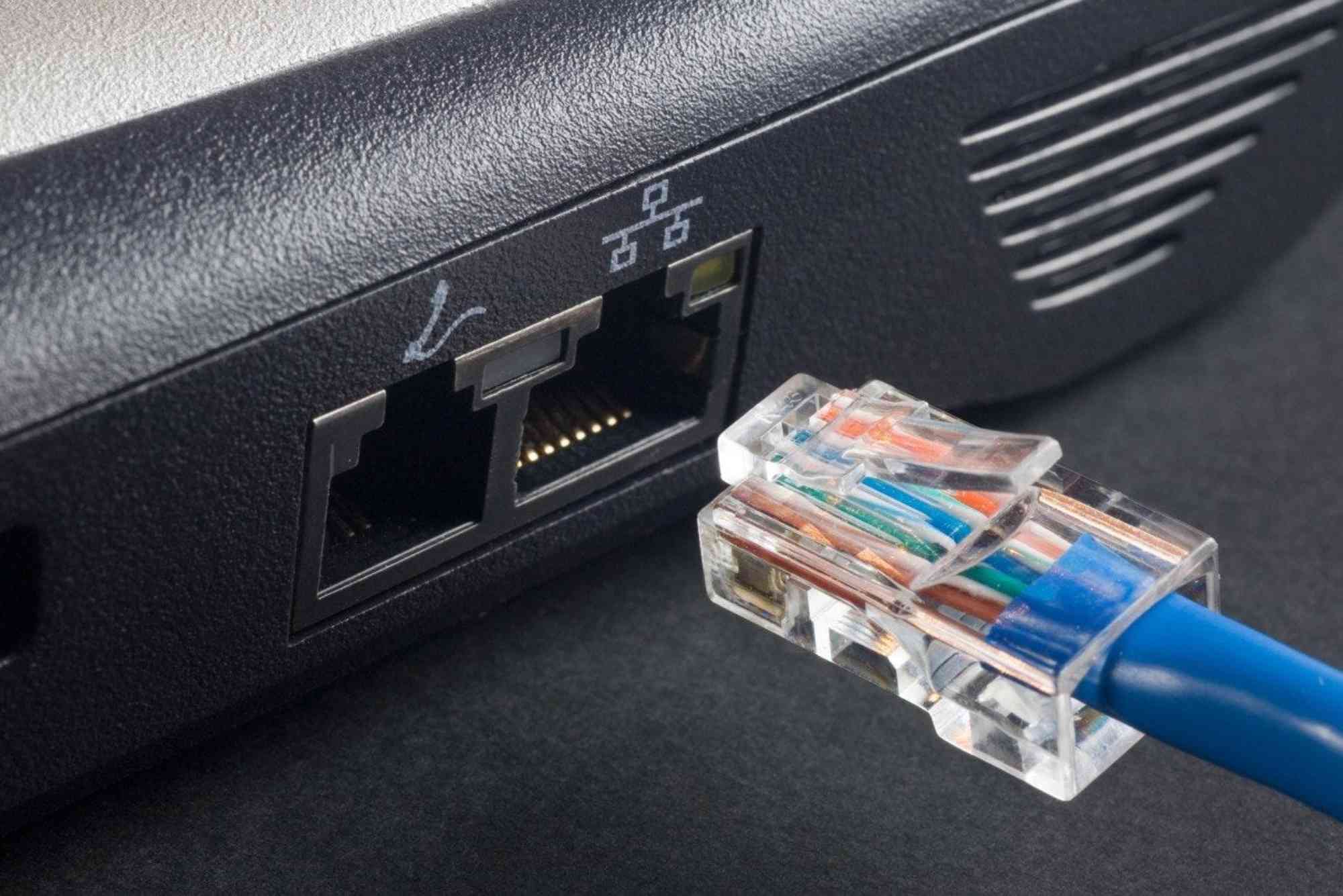Introduction
Internet slowdowns are frustrating, especially when they happen while streaming, gaming, or working online. Many users face reduced speeds due to ISP throttling, a practice where internet providers intentionally limit bandwidth. One of the most effective solutions is using a VPN and ISP throttling protection together. A VPN can mask your online activity, making it harder for your provider to slow down your connection. In this guide, we’ll explore what ISP throttling is, how VPNs counter it, and why choosing the right VPN can make a real difference.
What Is ISP Throttling?
ISP throttling happens when your internet service provider reduces your bandwidth. This is usually triggered by heavy data usage, such as video streaming, file sharing, or online gaming. ISPs often justify this as network management, but in reality, it can limit your experience.
Common Reasons for ISP Throttling
-
Reducing congestion during peak hours
-
Prioritizing certain services over others
-
Encouraging users to upgrade to higher plans
-
Controlling activities like torrenting or streaming
How Does a VPN Work Against ISP Throttling?
A VPN (Virtual Private Network) encrypts your internet traffic and routes it through a secure server. This hides your online activity from your ISP, making it difficult for them to identify and slow down specific services.
Benefits of Using a VPN for Throttling
-
Encryption: Prevents ISPs from seeing what sites or services you use.
-
Server Switching: Allows access to servers in different regions for potentially faster speeds.
-
Bypassing Content Restrictions: Opens access to restricted or slowed-down platforms.
Signs You’re Experiencing ISP Throttling
Not every slowdown is throttling. Sometimes, websites or apps themselves are slow. However, there are signs that point to ISP throttling.
Indicators to Look Out For
-
Streaming services buffer frequently despite high-speed plans
-
Gaming latency spikes at peak hours
-
Speed tests differ when testing with and without a VPN
-
Large downloads suddenly slow down after a few gigabytes
How VPN and ISP Throttling Work Together
When you connect to a VPN, your data is encrypted. This means your ISP can see that you’re connected to a VPN, but not what you’re doing. If your slowdown happens because your ISP targets specific activities like Netflix streaming or gaming, a VPN prevents them from identifying and throttling that traffic.
Choosing the Right VPN to Bypass ISP Throttling
Not all VPNs are equal. To effectively bypass throttling, look for these qualities:
Essential Features
-
Strong Encryption: AES-256 for secure browsing
-
Large Server Network: More options for bypassing congestion
-
High-Speed Performance: Optimized servers for streaming and gaming
-
No-Logs Policy: Protects privacy from tracking
Free vs Paid VPNs
While free VPNs exist, they often lack the speed, security, and reliability required to bypass throttling. Paid VPNs usually provide better bandwidth and dedicated support.
Additional Methods to Reduce ISP Throttling
Although a VPN is the most effective tool, you can combine it with other strategies.
Useful Techniques
-
Run regular speed tests to monitor changes
-
Switch to Ethernet for more stable connections
-
Contact your ISP about slow speeds
-
Consider providers with transparent policies, like Dhanote Internet Services
Legal and Ethical Considerations
Using a VPN to bypass throttling is legal in most countries. However, it’s essential to check local laws. VPNs are commonly used for security and privacy, not just to overcome ISP restrictions.
FAQs About VPN and ISP Throttling
Does a VPN completely stop ISP throttling?
Yes, in most cases. A VPN hides your traffic, making it harder for ISPs to throttle specific services. However, if your ISP throttles all traffic during congestion, a VPN may not fully help.
Can an ISP block VPN traffic?
Some ISPs may attempt to block VPNs. Quality VPNs offer obfuscation features that disguise VPN traffic as regular browsing.
Will a VPN slow down my internet speed?
A VPN may slightly reduce speed due to encryption. However, if you’re experiencing throttling, a VPN can actually improve your browsing and streaming performance.
Is using a VPN for Netflix or streaming safe?
Yes, many users rely on VPNs for streaming. It’s safe, though some platforms try to block VPN traffic. Choosing a reliable VPN minimizes interruptions.
Which VPNs work best for ISP throttling?
VPNs with large global server networks and strong encryption perform best. Research before subscribing to ensure the service fits your needs.
ISP throttling can turn a high-speed plan into a frustrating experience. Fortunately, using a VPN and ISP throttling solution together can restore the speed and freedom you pay for. A VPN hides your online activities, making it harder for ISPs to target specific services. To enjoy faster browsing, smoother streaming, and uninterrupted gaming, investing in a reliable VPN is a smart move. For dependable connectivity, always choose trustworthy providers such as Dhanote Internet Services.
Don’t let ISP throttling control your online experience. Start using a reliable VPN today and enjoy the internet at the speed you deserve.







